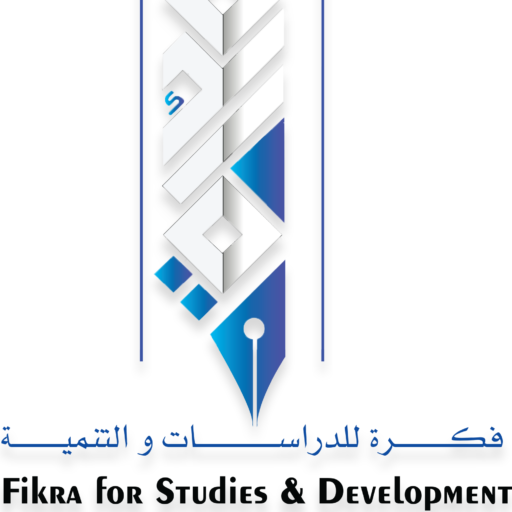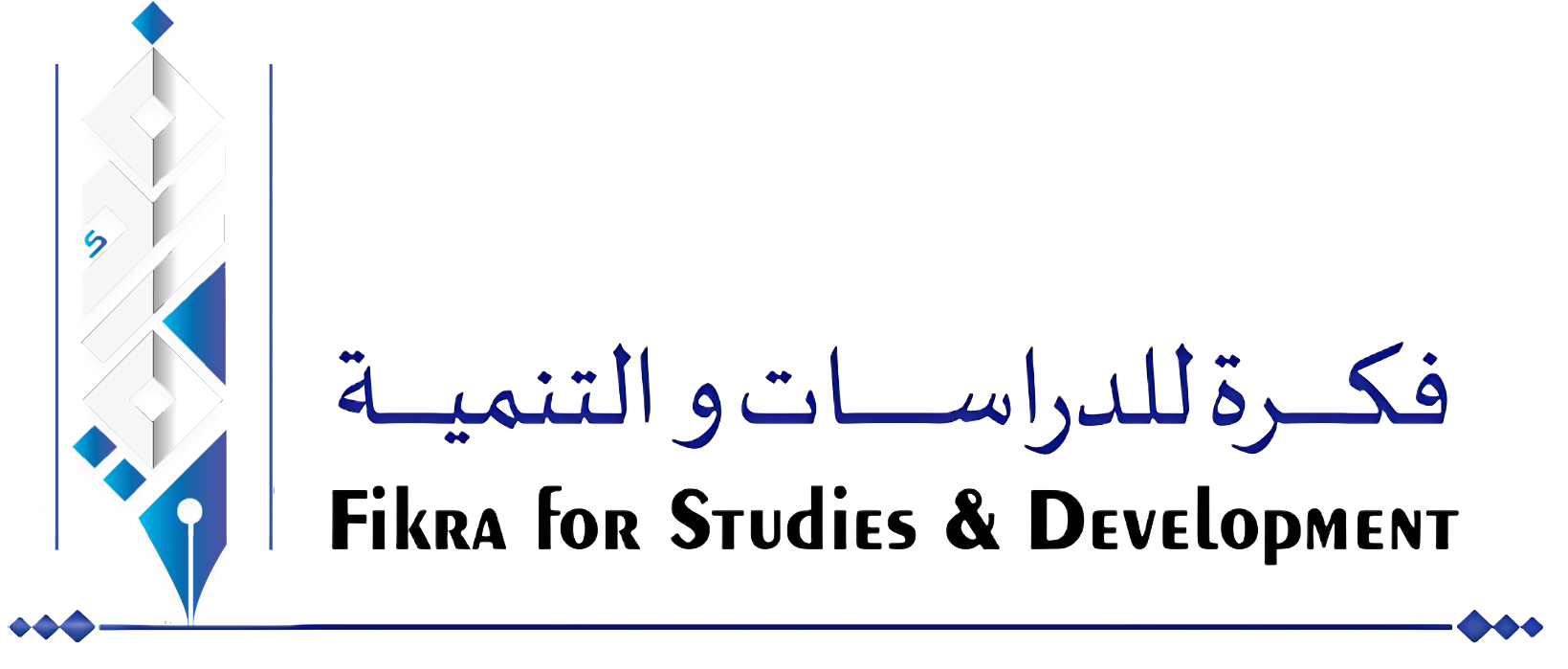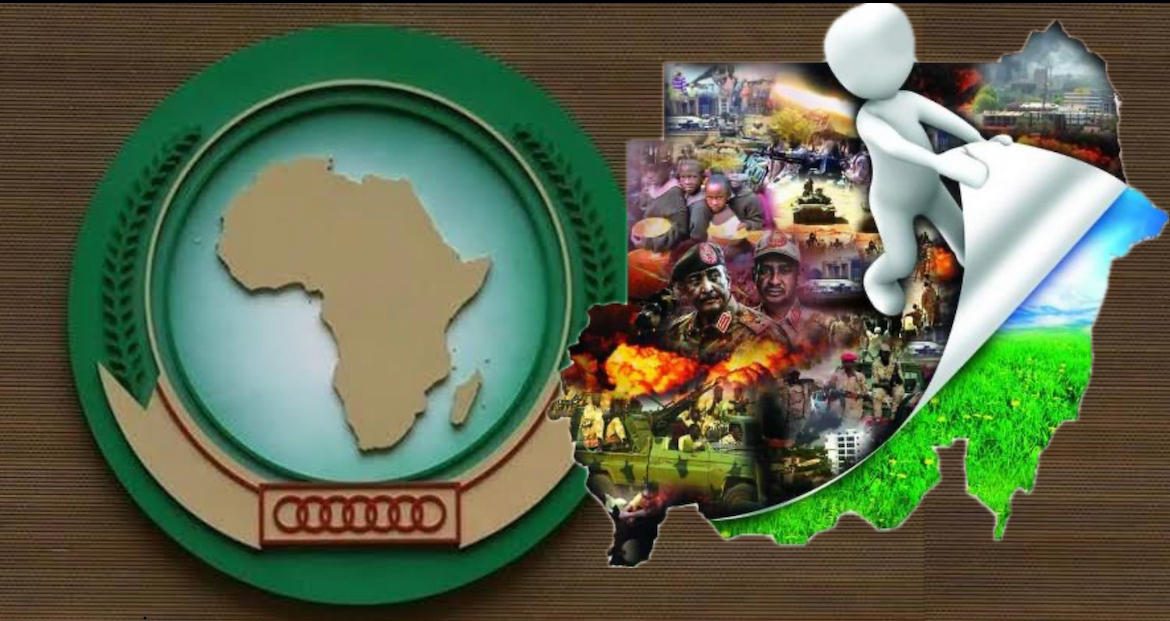Dr. Elshafie Khidir Saeed
August 2023
As soon as the war in Sudan was put on the agenda of the African Union (AU), it was reported that the AU was considering inviting a large group of Sudanese to a meeting to be held in Addis Ababa, Ethiopia. This would be in line with the principle of involving the Sudanese civil forces in the efforts to end the war via a political process. In the last week of July, a member of the African Union’s leadership disclosed that the meeting will be on August 25 and that a large number of Sudanese will be invited to participate.
According to other sources, the number of participants could reach one hundred or two hundred. In addition, it was recently reported that a forty-person preparatory meeting would precede that main assembly.
From the initial conception of the meeting to its final selection, a number of concerns arise: Is it the brainchild of the African Union, or was it developed in consultation with a group of Sudanese? And if the latter, who are these Sudanese and what do they represent? How are the participants for the meeting, whether the meeting of two hundred or the meeting of forty, selected? Is it a meeting to discuss the contribution of civil forces to stopping the war, in which case participation should be limited to forces that reject the war and not those who fuel its fire? Or is it a “chaotic” meeting similar to the meeting of the Rotana Hotel on June 8, 2022, which died from the start, or the meetings of the National Dialogue Conference 2015, which the former regime called for but it did not save them from the anger of the people? Or Is it just a meeting similar to the meeting of the failed dialogues that the African Union sought to organise on the days of the “Sudan Call” in 2015?
If there are answers to all these questions, why the ambiguity and lack of transparency?
Clearly, the civilian forces in Sudan are the most vocal in opposing the war and calling for its cessation; therefore, they bare a great deal of contributing to achieving this objective. But for this contribution to be meaningful and effective, the first step and highest priority is to unite all Sudanese civil and political forces opposing the war on a single platform (A broad civil front to end the war) and to launch a political process aimed at reversing the course of the December revolution and achieving its objectives. However, I believe that the current approach of the African Union will not lead to the launching of any political process, but will instead paralyse it, and that this meeting called by the African Union is doomed to fail, either because many parties will boycott it or because it will be blown apart from the inside as soon as it is held.
Moreover, this approach, through which the proposed AU meeting of the Sudanese civil forces is orchestrated, disregards the significant complexities surrounding the relations between the Sudanese civil forces. This casts a significant issues over the identification of the participating parties and the determination of the meeting date. Moreover, determining these details without any prior preparations or consultations with the parties, with the participants being surprised by the invitation in their mail, is an approach that makes talking about characterisation of the proposed political process as a Sudanese-led and Sudanese-owned, a throw of ash in the eyes, and a fallacy in which falsehood is disguised as veracity.
My remarks should not be interpreted as a rejection of the African Union’s role in resolving the conflict in Sudan. I emphasize the significance of this role and eagerly look forward to it. In previous articles, I declared my full support for the six elements included in the road map adopted by the African Union regarding the Sudanese crisis, including the following point: “Work to resume a credible and inclusive political transition process, taking into account the role of all Sudanese political and social actors, as well as the signatories of the Juba Peace Agreement, leading to the establishment of a civilian-led democratic government.”
This statement also highlighted “the utmost importance of a single, comprehensive, and unified peace process for Sudan, in coordination with and under the joint auspices of the African Union, the Intergovernmental Authority on Development (IGAD), the League of Arab States, and the United Nations, along with like-minded partners, noting that the multiplicity and spread of mediation forums and initiatives will not serve the collective will of the Sudanese people.” But at the same time, I indicated at the time, and I reiterate it now, that there are negative observations among the Sudanese regarding the performance of the African Union during the days of the former regime in the field of mediating the Sudanese crisis. These are serious observations that require the African Union to evaluate its previous experiences prior to embarking on a new experiment regarding the issue of war in Sudan, and to deal seriously with the critical obstacles and the question of why those past interventions failed to achieve their goals.
As for the Sudanese civil and political forces, there are key foundations and factors that must be adhered to when building this platform today, otherwise it will be doomed to repeat failure. This is particularly relevant given the need to learn from and avoid the mistakes and missteps of any previous experiences of reuniting and unifying them on a unified platform.
This foundations include the following: The rejection of war should be a commonality for joining this civic front. Therefore, it is imperative to include and not exclude any group that is currently standing against the war, regardless of its former political stances. In addition, groups that take part in this front must be legitimate and delegated to do so. They should not be claiming legitimacy or delegation from a previous stage, which means they should have a concrete base on the ground.
Here, I’d like to reaffirm my belief that the trade union front, made up of the leaders of the elected unions and federations and the steering committees, is the best possible group around which to organize this effort.
There must be total transparency in all steps of the process, which must be shielded from foreign or regional interference. While the preparation of this effort through a preparatory committee made up of all stakeholders is the key and most crucial point in determining its success or failure |



